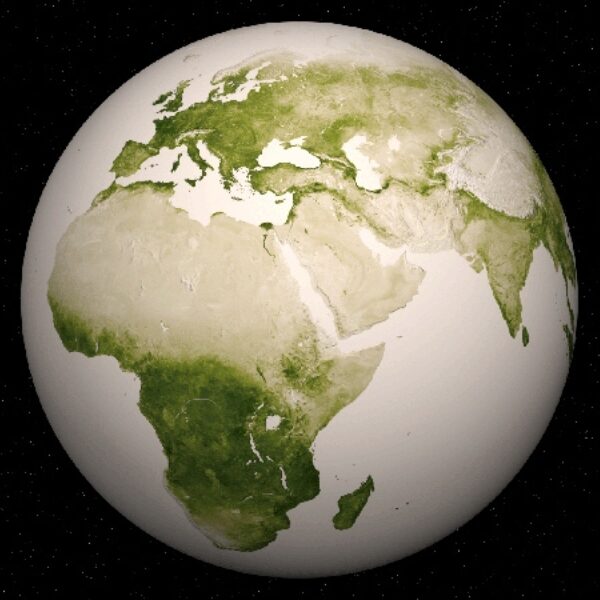
Court of Justice shows support for Aarhus
On November 23rd, the Court of Justice made two judgements which rule on the scope of European Directive 2003/4 of the European Parliament and of the Council on public access to environmental information and repealing Council Directive 90/313/EEC.
This Directive converts the so-called Aarhus Convention into European law. The Aarhus Convention guarantees public access to environmental information and generalises the access to justice in environmental matters.
The Court of Justice’s most important conclusions are:
Substances and materials can also be emissions into the environment. The Court of Justice interprets the term ‘emissions’ broadly, in the sense that an ‘emission’ does not just refer to the emissions emanating from industrial installations. This means that the spreading of products or substances, such as pesticides, may also be classified as an ‘emission into the environment’. Consequently, these products and substances fall under the information requirements of the Directive, and therefore the Aarhus Convention.
Any foreseeable emission, meaning any emission which is released as a consequence of normal use of a product or substance, falls under Directive 2003/4.
Additionally, the Court of Justice states that information about indirect (harmful) effects of a product, substance or activity is also ‘information about emissions into the environment’. The Court of Justice clarifies that information about the consequences of chemical and/or biological processing of the emissions in question should also be disclosed.
Sensitive commercial and industrial data could also fall under the information requirements if this data contains information about emissions into the environment.
With the Climate Case and Urgenda in mind, this ruling is the most recent example of an increasingly activist judicial authority. We can’t wait to find out what 2017 will bring.
Associated areas of specialisation: Environment